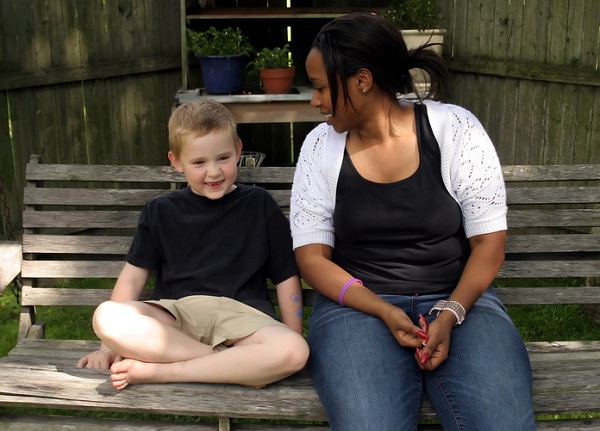The COVID-19 virus has drastically changed many aspects of life, including the ways we relate to and communicate with each other. In some ways, this has brought awkwardness and confusion. One question many parents, caretakers, and concerned community members are trying to wrap their heads around is how to best talk to children about the pandemic.
It’s natural for children to have their interest piqued by the strange new ways that this world is changing in order to adapt to the virus. But how can the adults in their lives communicate to them what the coronavirus is, why it’s important to practice good hygiene, or why they can’t play with their friends for a while? And how can they do so in a way that will make sense to them, without making them frightened or anxious? If you’re interested in pursuing a Community Service Worker (CSW) diploma, read on to learn more about this challenge.
Community Service Worker Courses Teach Applicable and Adaptable Communication Skills
The skills that enable a person to successfully intervene during crises, assist those with mental health or addiction issues, and manage interfamily dynamics are highly transferrable and applicable. Knowing how to effectively communicate and empathize with a wide variety of people from different walks of life will come in handy in many different situations, including speaking to children.
Being able to explain complex and emotional subject matter simply and empathetically is just one of the ways a community service worker program prepares graduates for the complexities of life.
CSW Programs Teach the Importance of Truly Listening
One of the ways that adults ineffectively communicate with children is by neglecting the single most important aspect of conversations: listening. This rule isn’t any different just because the person you are speaking to is younger and less mature.
The current pandemic and its associated disruptions are just as stressful for children as they are for adults, and by truly hearing the fears and complaints that children have, you will be better able to respond to them.

Much of the subject matter of community service worker courses is designed specifically to better equip students to wholeheartedly and effectively listen to the community members and populations they serve.
Listening empathetically is important when dealing with clients who may be hurting or vulnerable, and this skill is will be incredibly useful when speaking to children about difficult subjects.
Learn How to Effectively Solve Problems on the Go
It’s inevitable that the pandemic will create problems for the children you encounter while working as a CSW, just as it is creating problems for adults. Perhaps the child will want to know how to keep learning while school’s cancelled, or maybe they will want to know how they can keep up with their best friends if they can’t play outside together.
Graduates of CSW programs are equipped to handle situations that require creative thinking in order to solve personal issues. For a community service worker, problems like these are only challenges waiting to be overcome by an empathetic and careful mind.
Do you want to learn the skills to solve interpersonal problems?
Contact Oxford College and start working towards your Community Service Worker Diploma today!







